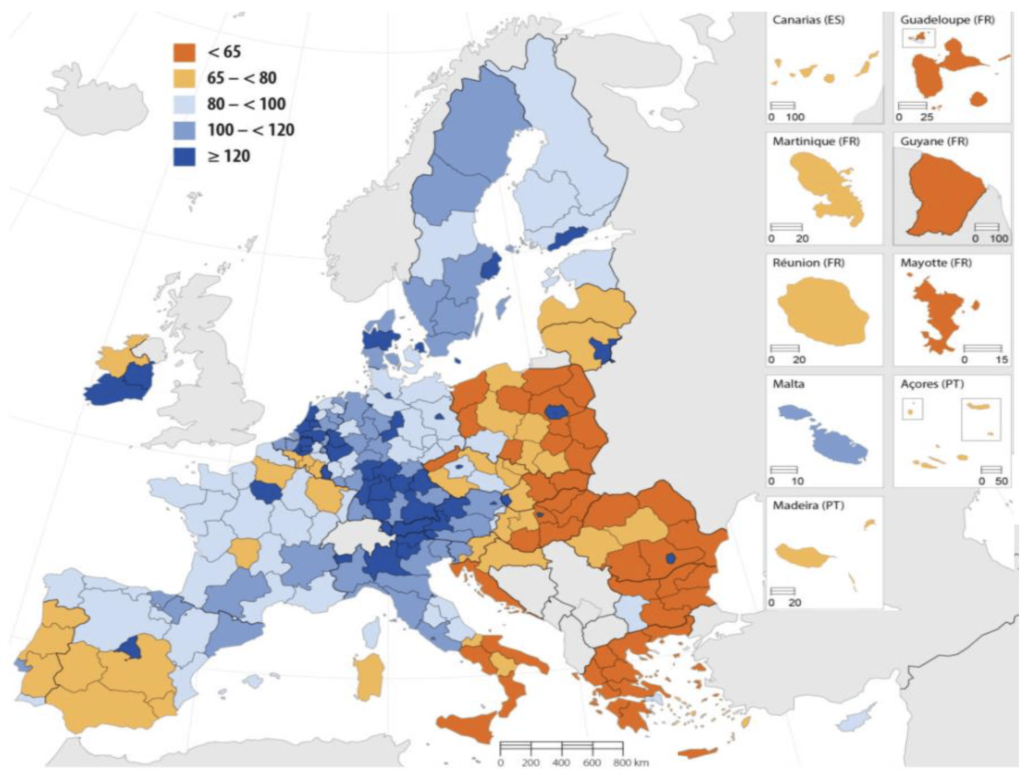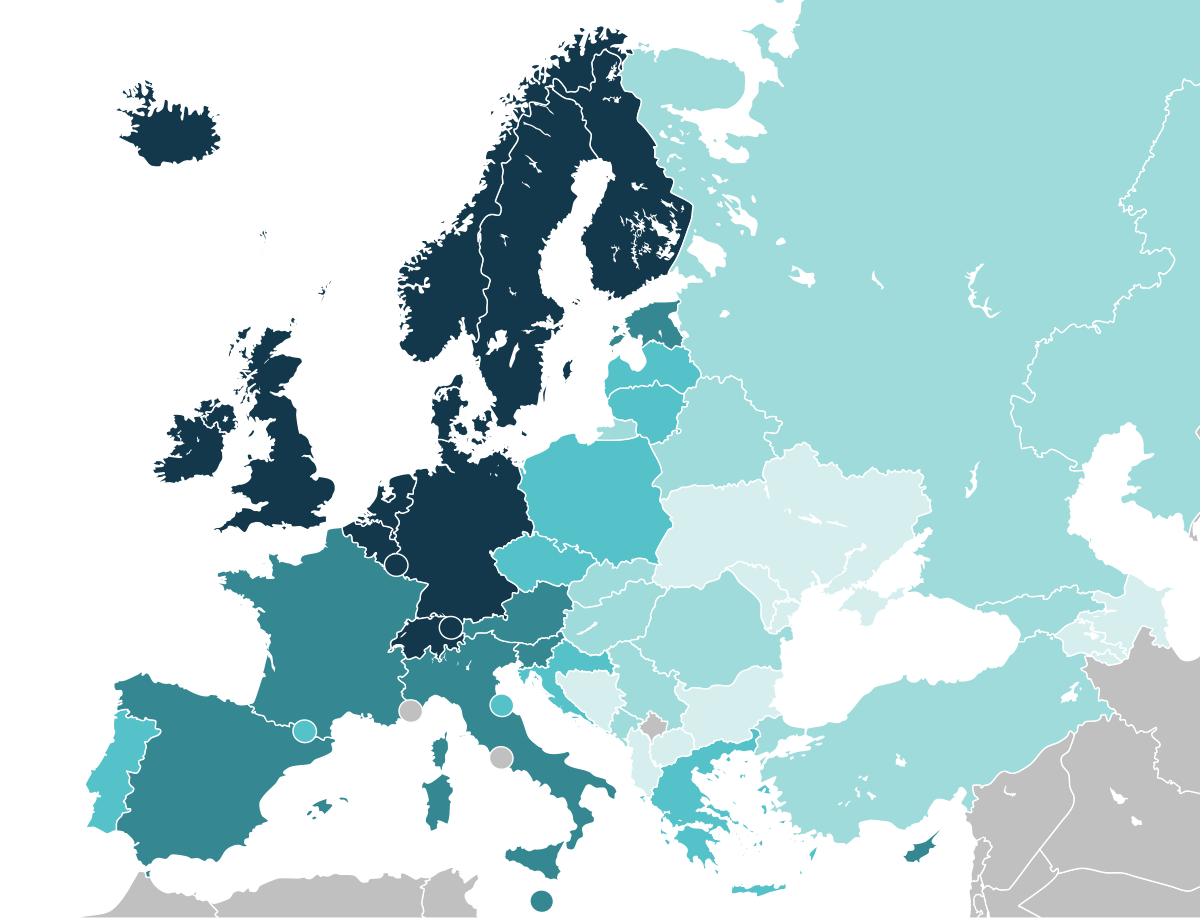In the face of evolving global challenges, European collective action in the field of development encounters new obstacles, particularly with regard to migration from the Southern Mediterranean region and the struggle to formulate a cohesive joint response. Recognizing the urgency of the situation, the European Union (EU) endeavors to present a novel and ambitious solution through the New Consensus on Development, coinciding with the United Nations’ review of the Millennium Goals.
Framework for Integration and Coherence
The Consensus serves as a framework to promote integration and coherence in the development cooperation of the EU and its member states. This action-oriented framework necessitates necessary adjustments to align both community and national legislation with the United Nations’ 2030 Agenda for Sustainable Development and the Paris Agreement on climate change.
A Triple Perspective on Poverty Eradication
While poverty eradication remains the primary objective of the Consensus, it adopts a fresh perspective by advocating for addressing poverty from an economic, social, and environmental standpoint. In addition to poverty eradication, the Consensus aligns with the 2030 Agenda by articulating five pillars: population, planet, prosperity, peace, and cooperation. The Consensus introduces novel and cross-cutting elements, such as a focus on youth, gender equality, good governance, mobilization and migration, sustainable energy and climate change, investment and trade, innovative engagement with advanced developing countries, and the mobilization and utilization of national resources.
Implementation Across EU Policies and Partnerships
To achieve the established initiatives and objectives, the Consensus extends its application to both EU policies and the policies of its member states. Furthermore, it emphasizes the need for application within new, more adaptive, and multilateral partnerships that include civil society and encourage greater participation from partner countries. The means of implementation encompass traditional aid and innovative forms of development finance, including private sector investment and the mobilization of additional domestic resources for development.
Evaluating the Consensus
Initial evaluations of the Consensus deem it a correct synthesis of international development concerns. However, some criticisms arise regarding its effective capacity to address such concerns.
Lack of Strategic Planning and Clarity

Critics, such as the Overseas Development Institute, point out that the Consensus falls short of being a true strategic plan, instead comprising a set of disconnected priorities. A genuine strategy would require defining the roles of the Commission and member states, establishing thematic, sectoral, and geographical priorities, and constructing new European institutions or utilizing existing ones for enhanced coordination of national funds. The Consensus should also outline the form and content of cooperation with middle-income countries, ensuring horizontal, vertical, and sectoral coordination.
Uncertainty in Target Audience and Commitment
James Mackie, head of the learning and quality department at the European Center for Development, highlights the difficulty in identifying the intended audience and the exact requirements. The lack of determined geographical and sectoral priorities leaves the commitment of member states uncertain, and any commitment that does arise may be more tactical than explicit.
Inadequate Institutional Framework and Transparency
The Consensus faces criticism regarding its implementation due to the absence of a suitable institutional framework and efficient mechanisms to enact its new proposals. Additionally, concerns are raised about the significant role granted to the private sector without adequate transparency regarding human rights abuses or environmental damage, as noted by Marta Latek, a researcher at the European Parliamentary Research Service (EPRS).
Imbalance in Prioritization and Political Dimension
Critics, including CARE (the international development confederation), argue that the Consensus excessively focuses on migration control and fails to prioritize the needs of the poor. This imbalance is evident in both cooperation frameworks with non-EU countries and the foreign investment plan, which prioritize EU’s security and commercial interests over poverty alleviation. Another criticism highlights the necessity of integrating a holistic and sustainable security concept into the Consensus to connect stability, democracy, and security within the EU’s foreign affairs.
Financing Challenges and Private Sector Involvement
The European Parliament continues to call on member states to contribute 0.7% of their annual budgets for development cooperation. However, with only a few countries reaching this target, the Consensus emphasizes the importance of private sector participation through the European external investment plan.
Conclusion
While the New Consensus on Development encompasses the needs of the current global context, it requires a series of changes to become fully effective and to transform into a genuine strategy. These necessary changes are crucial to prevent the Consensus from remaining a mere theoretical framework.




Leave a Reply